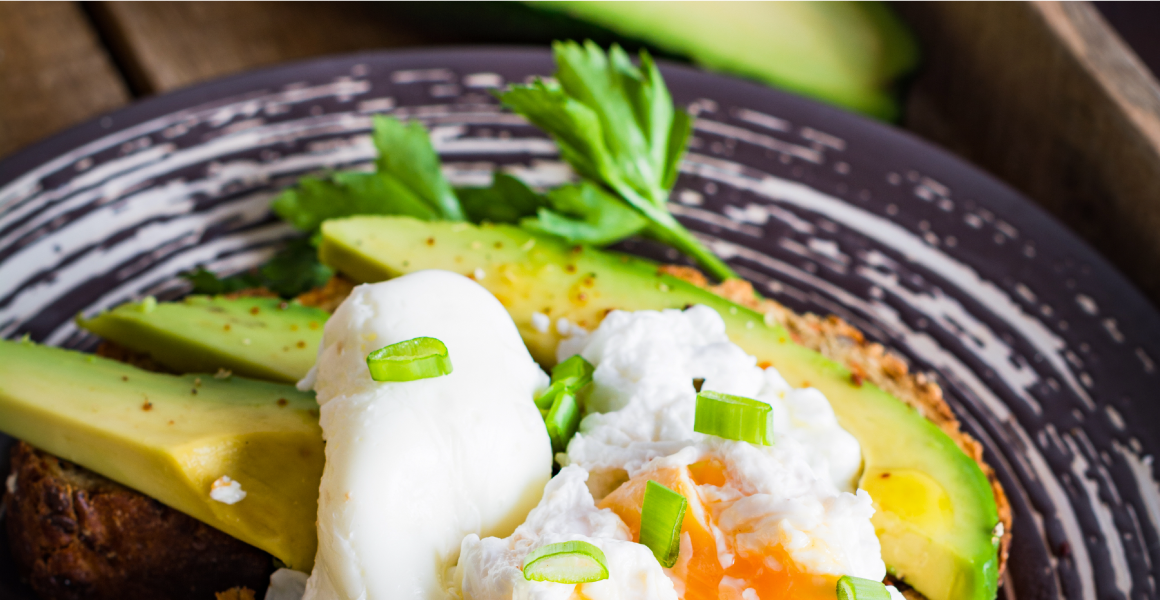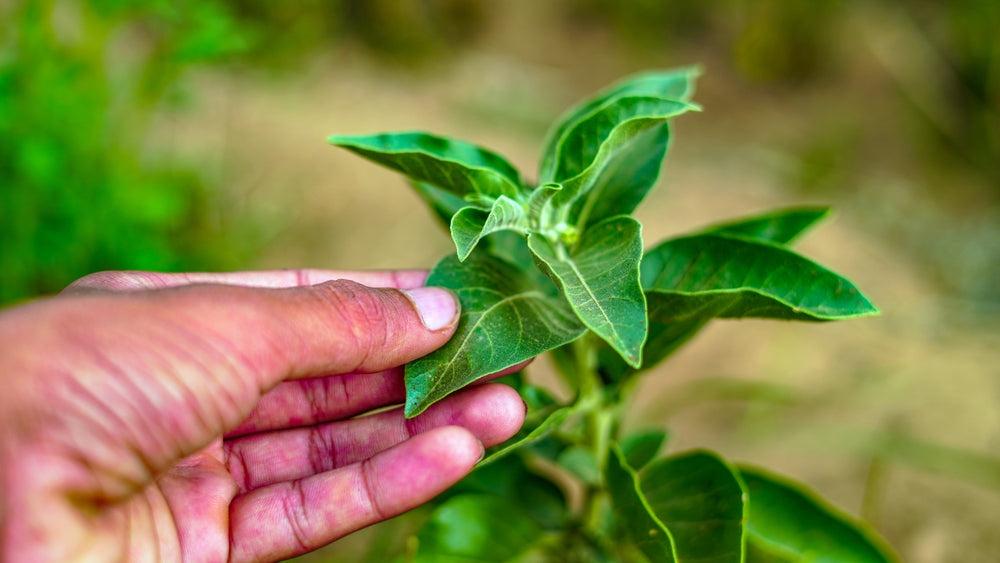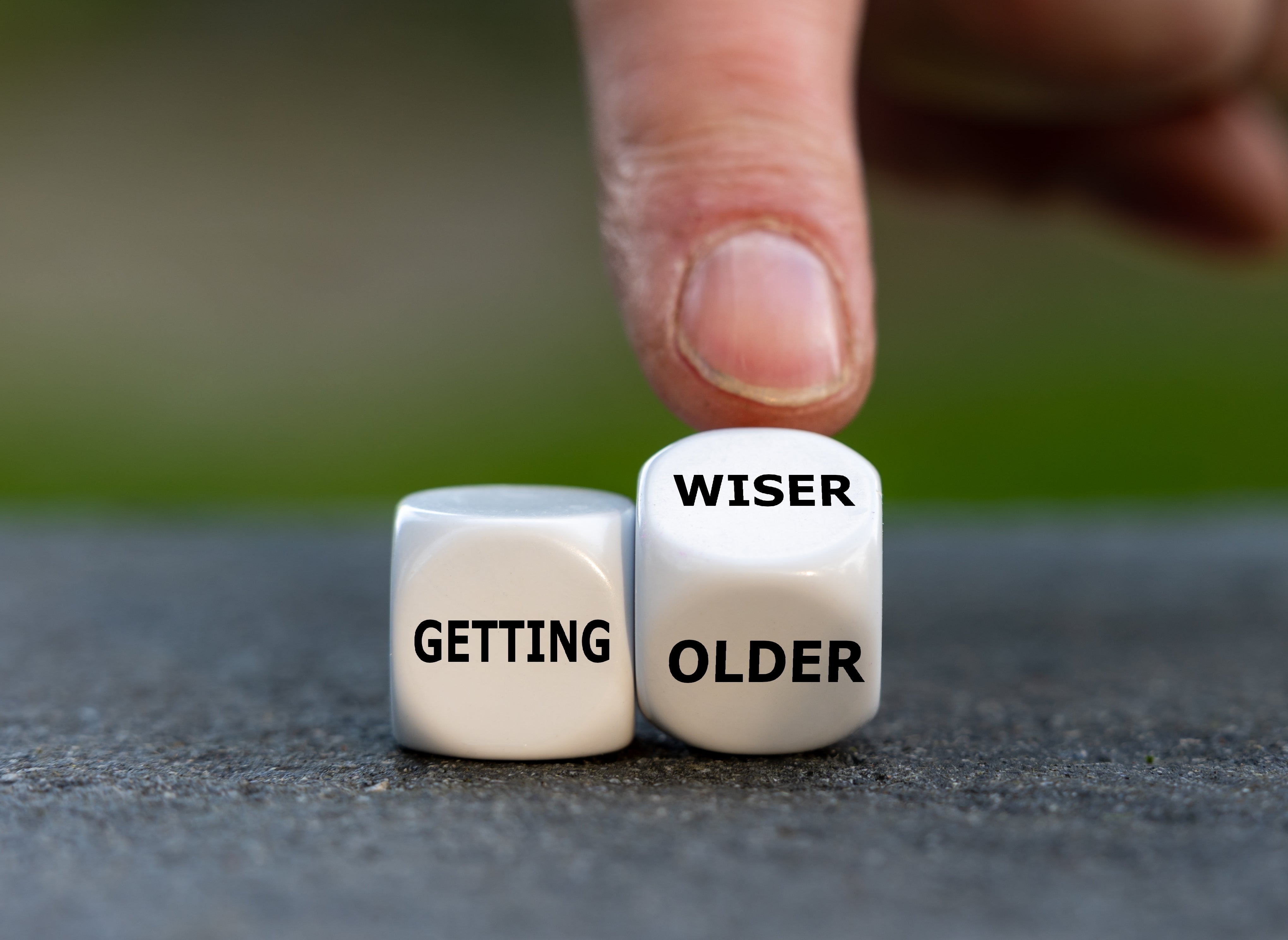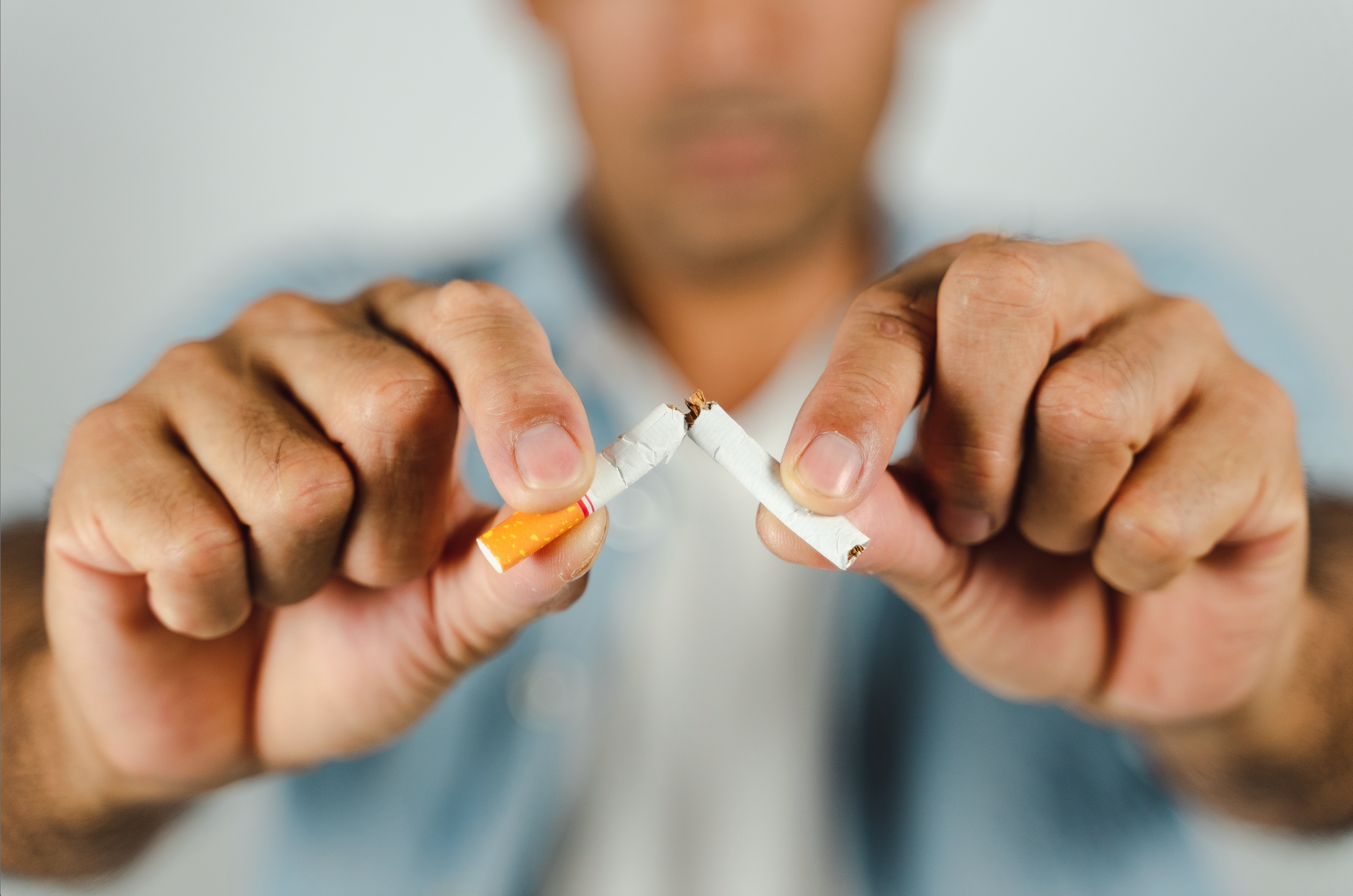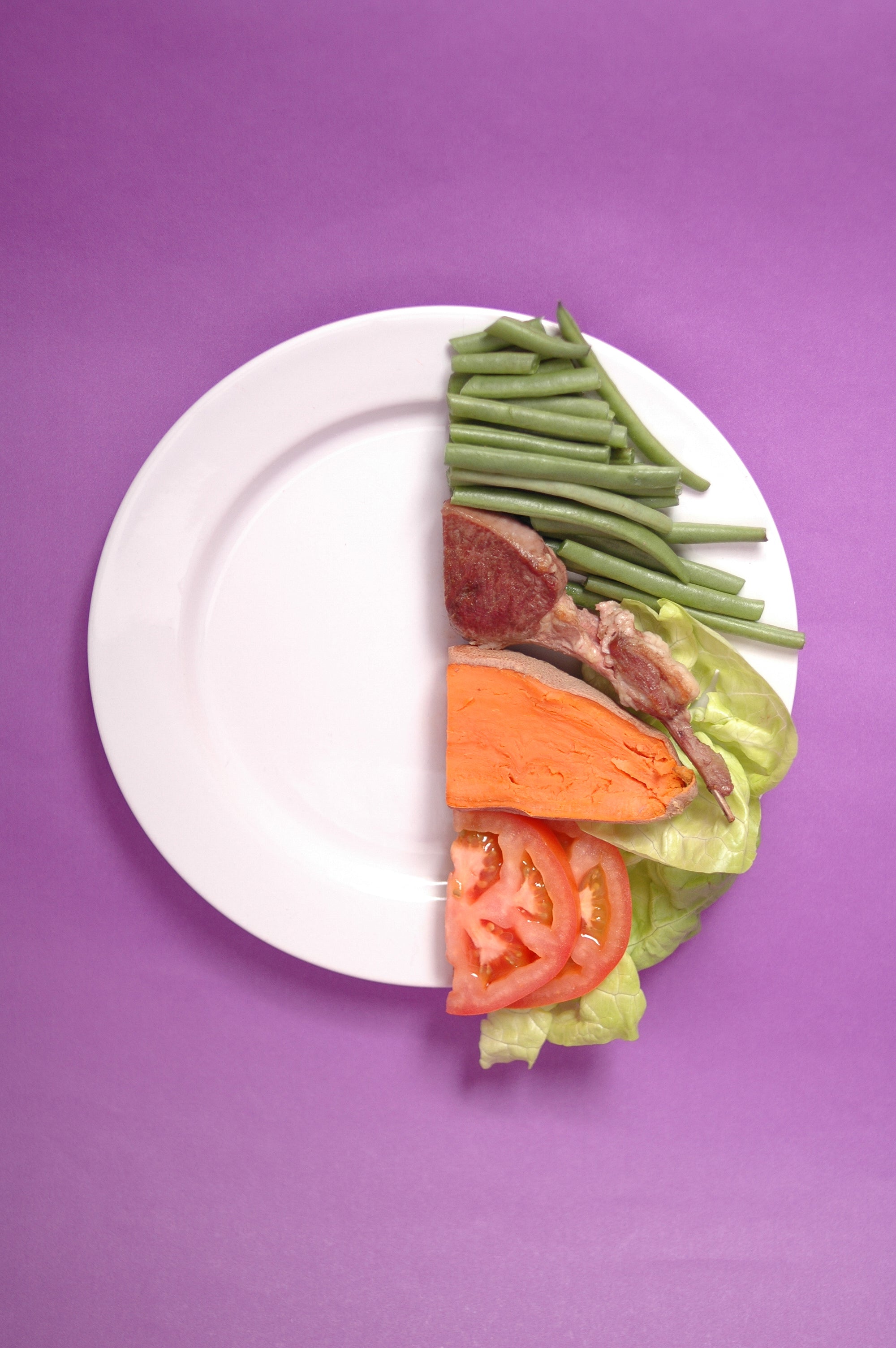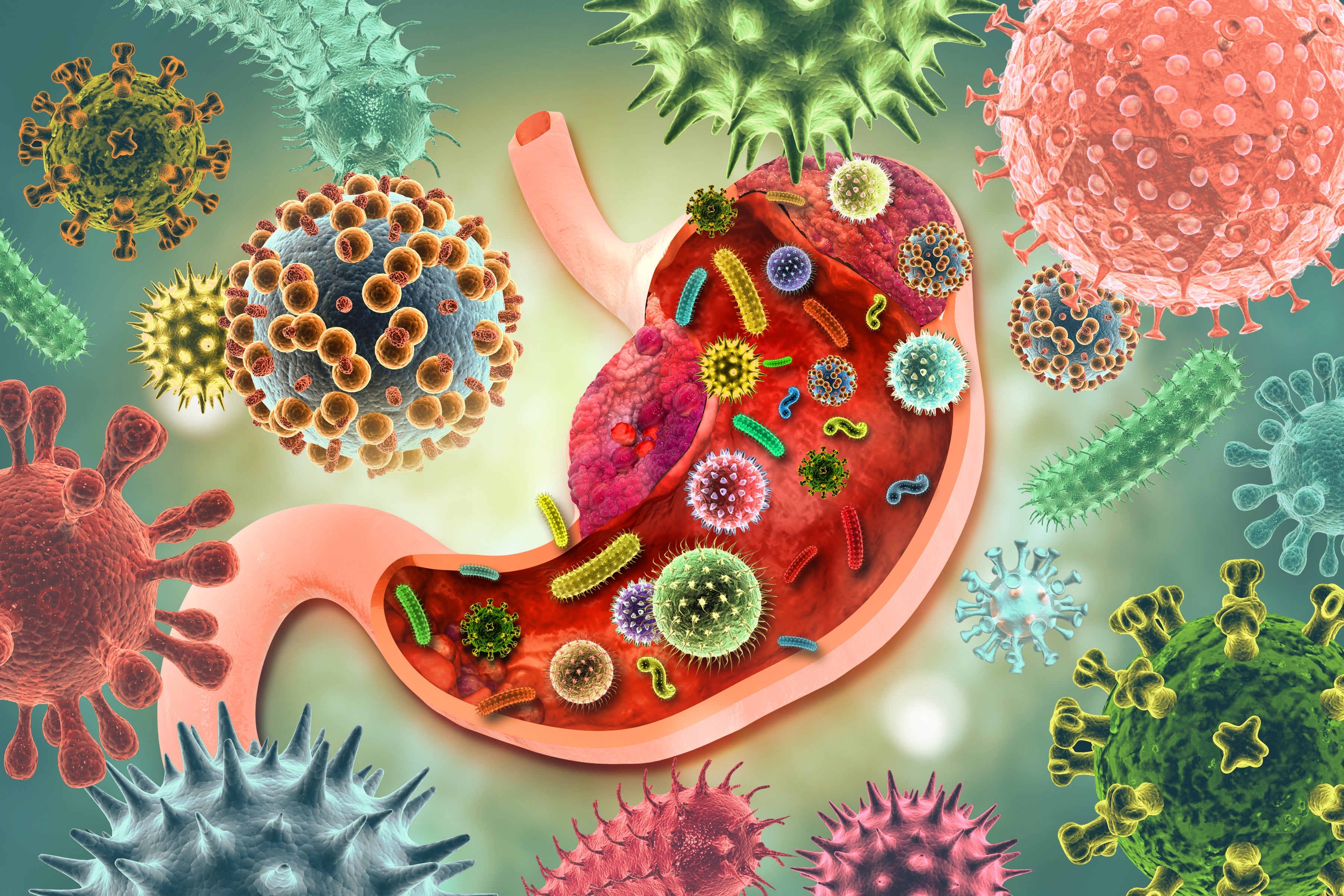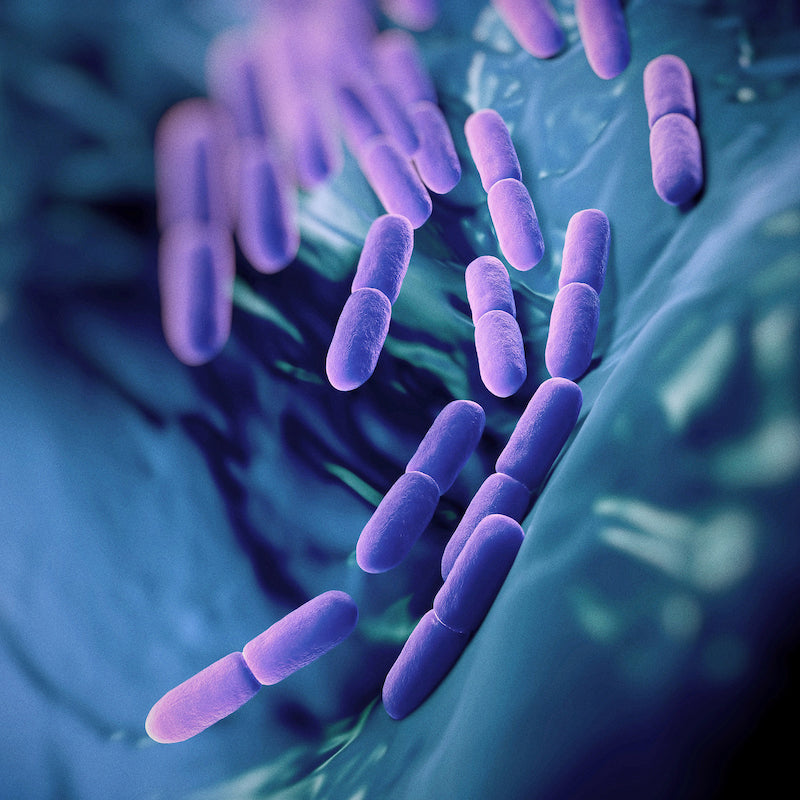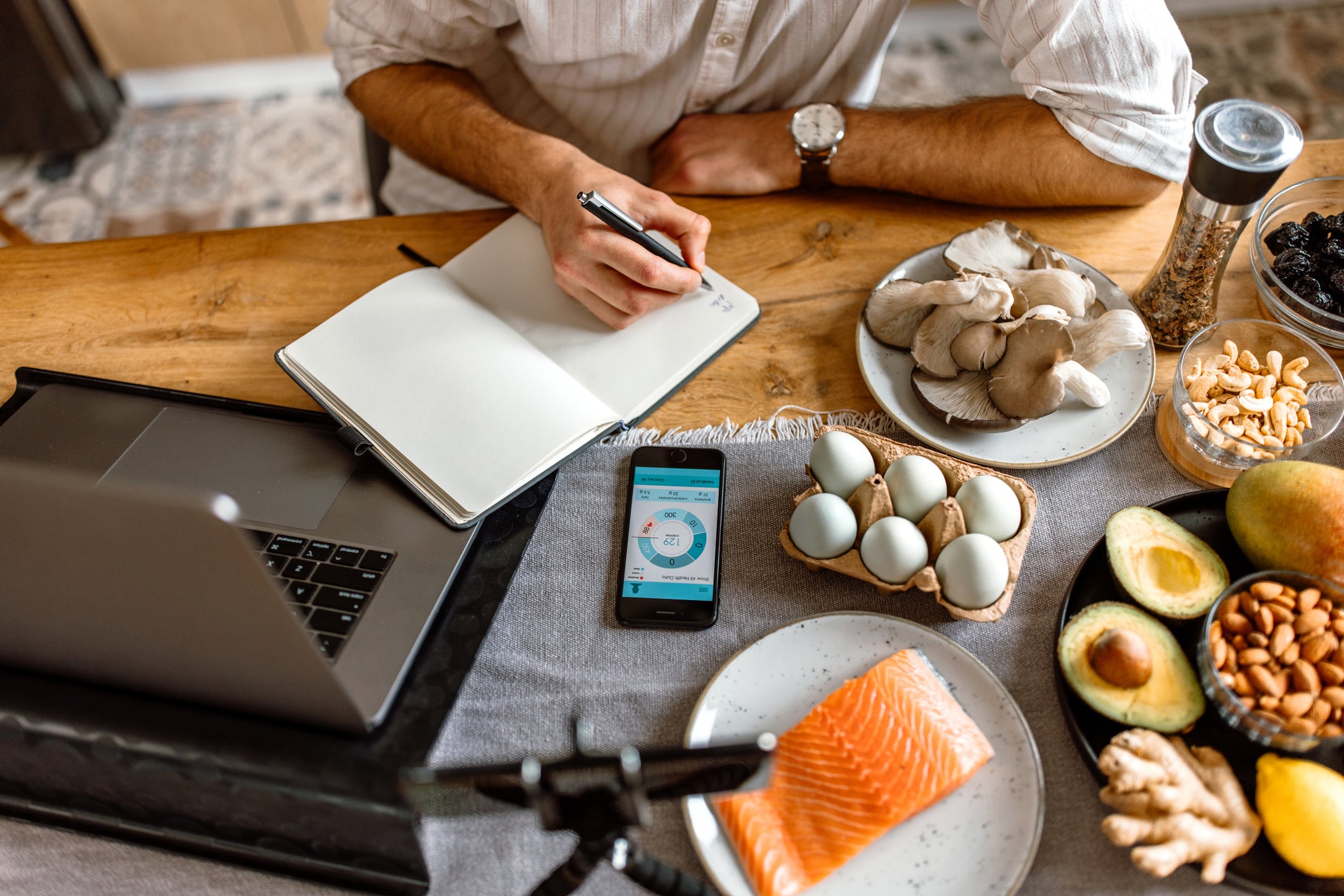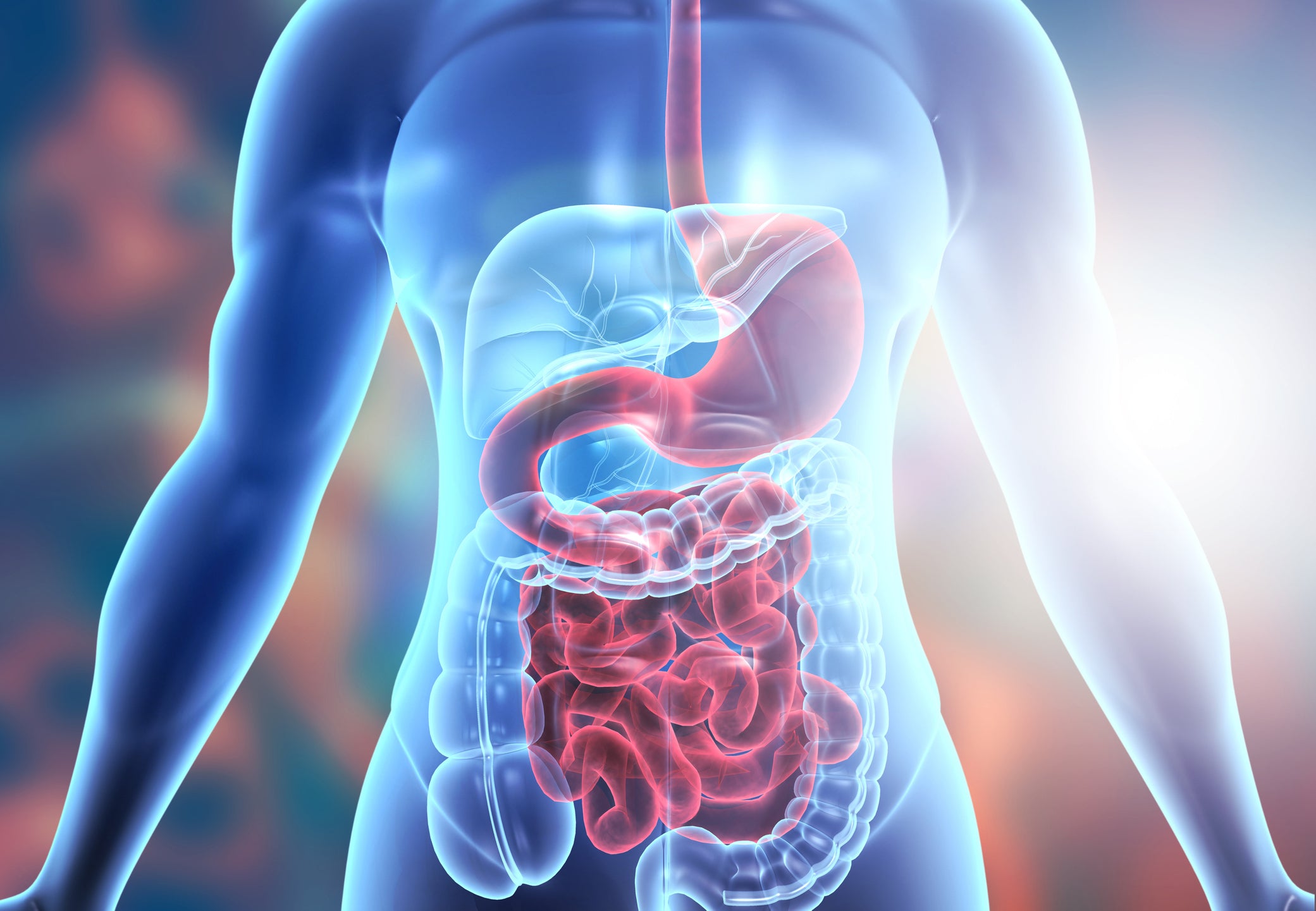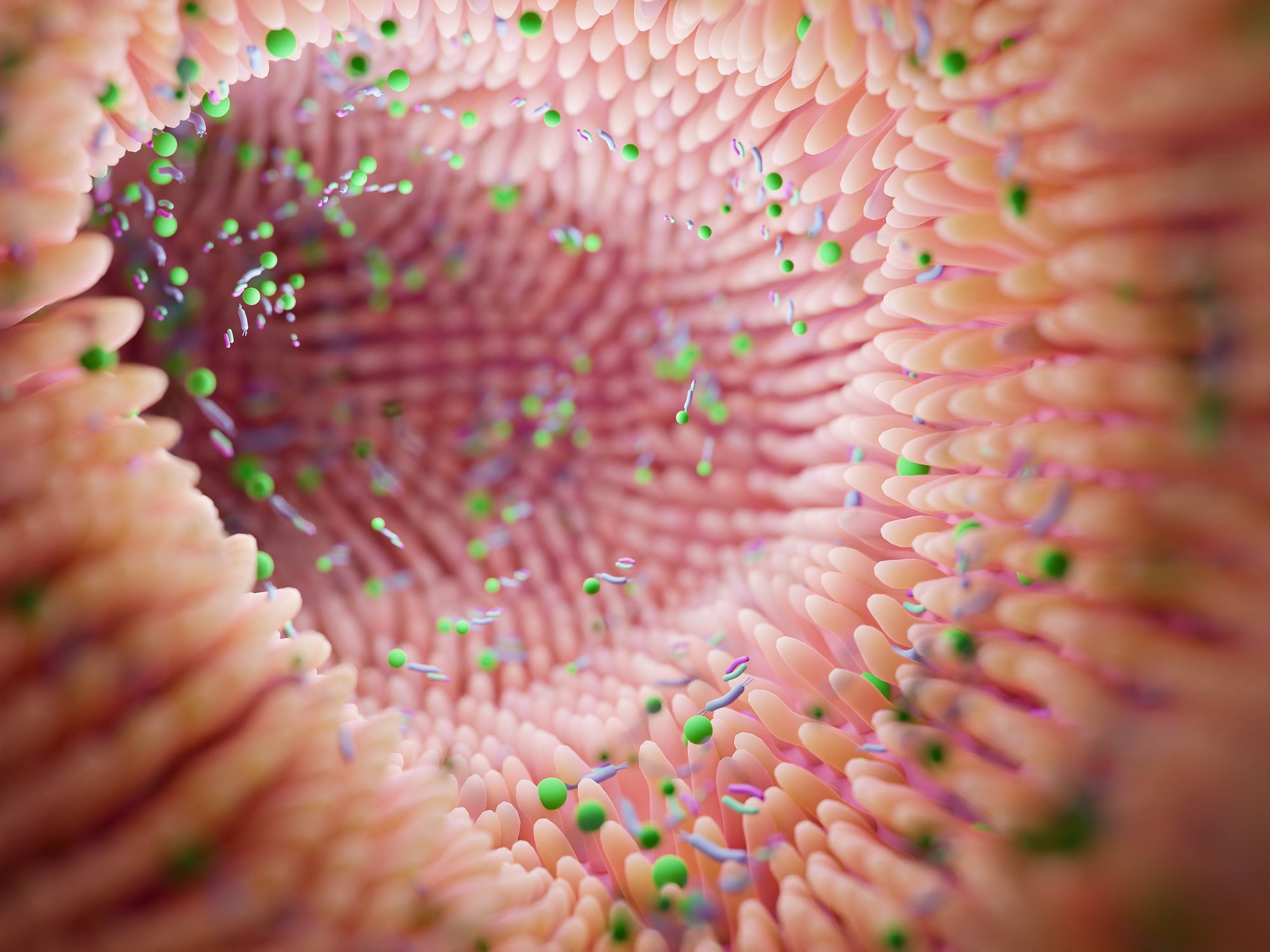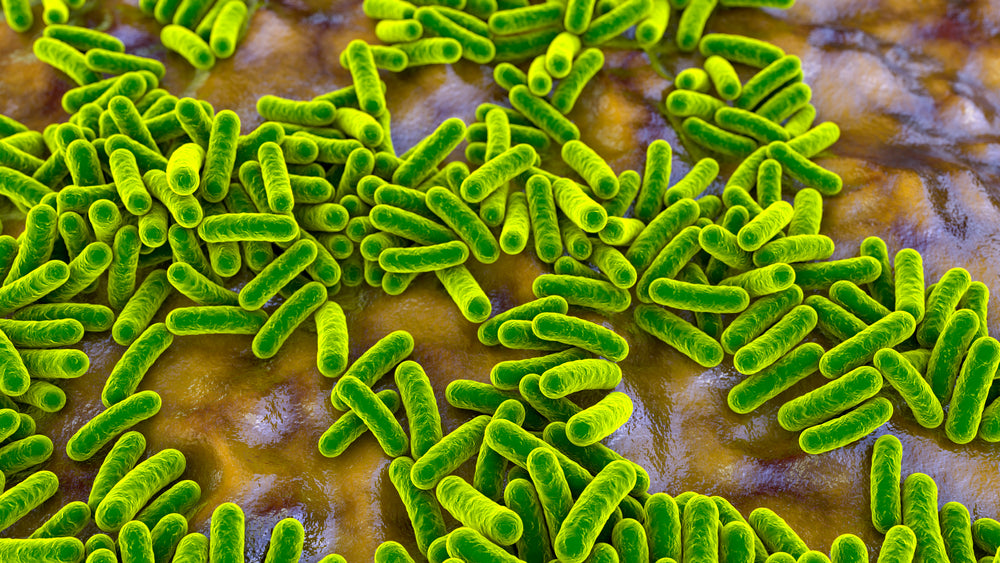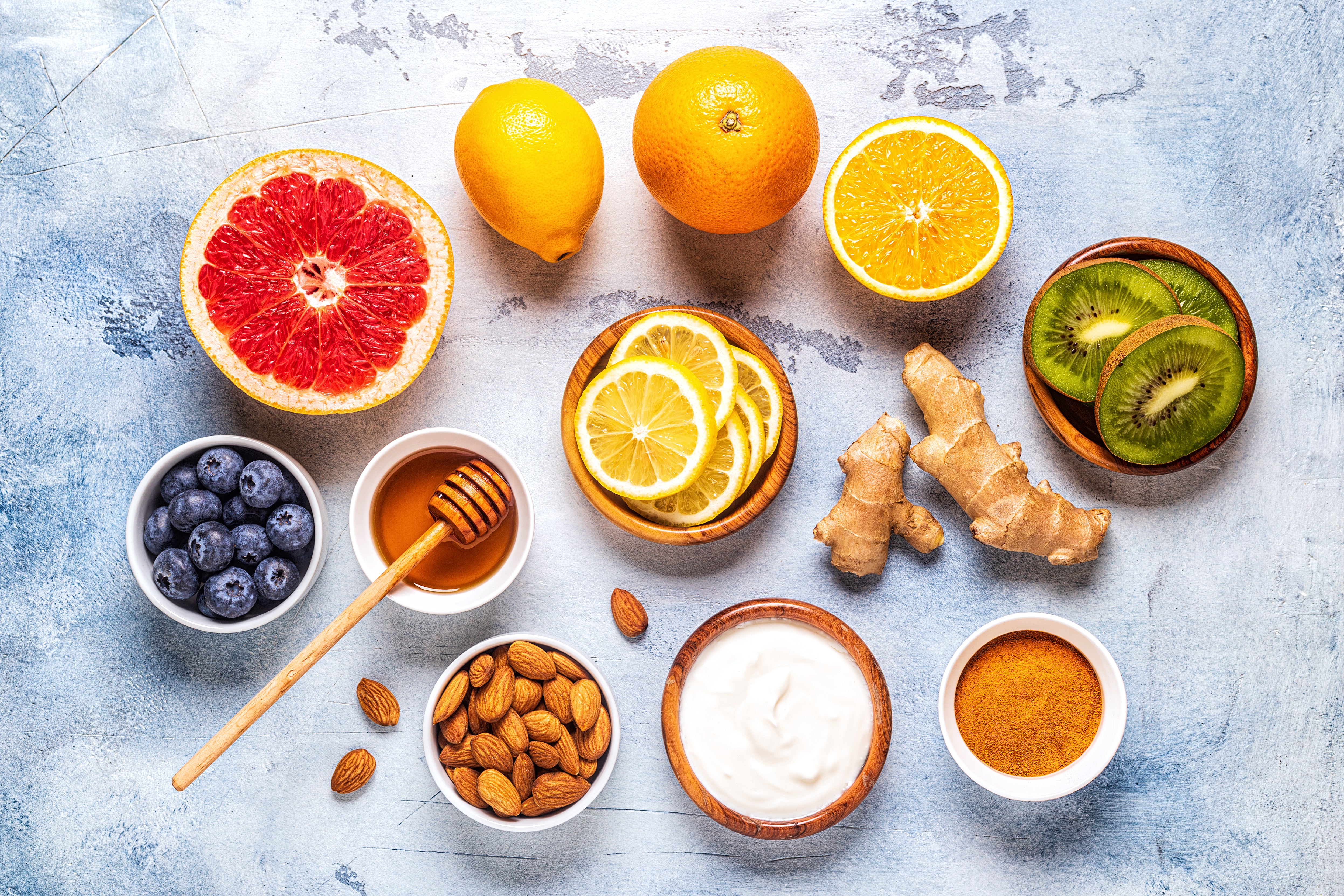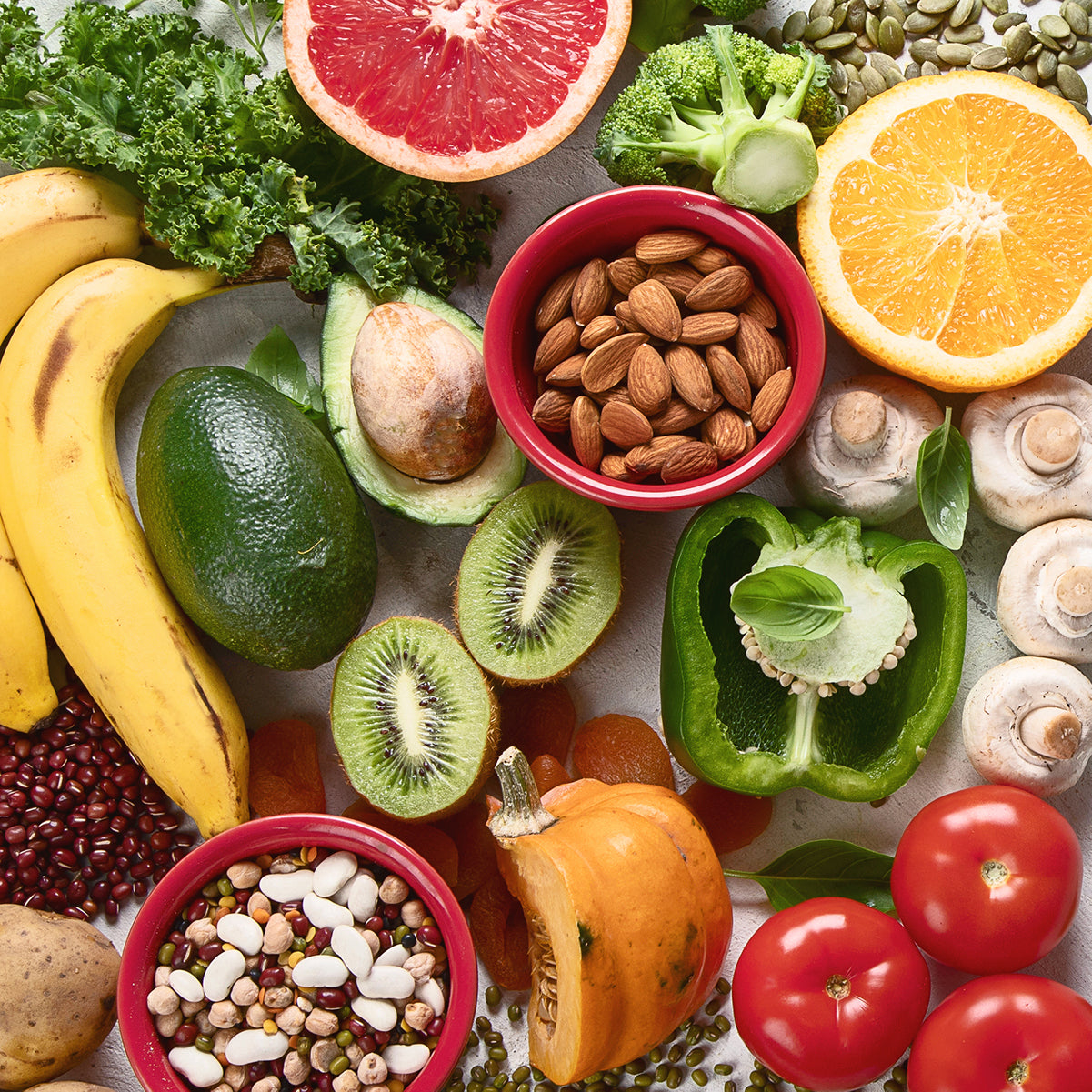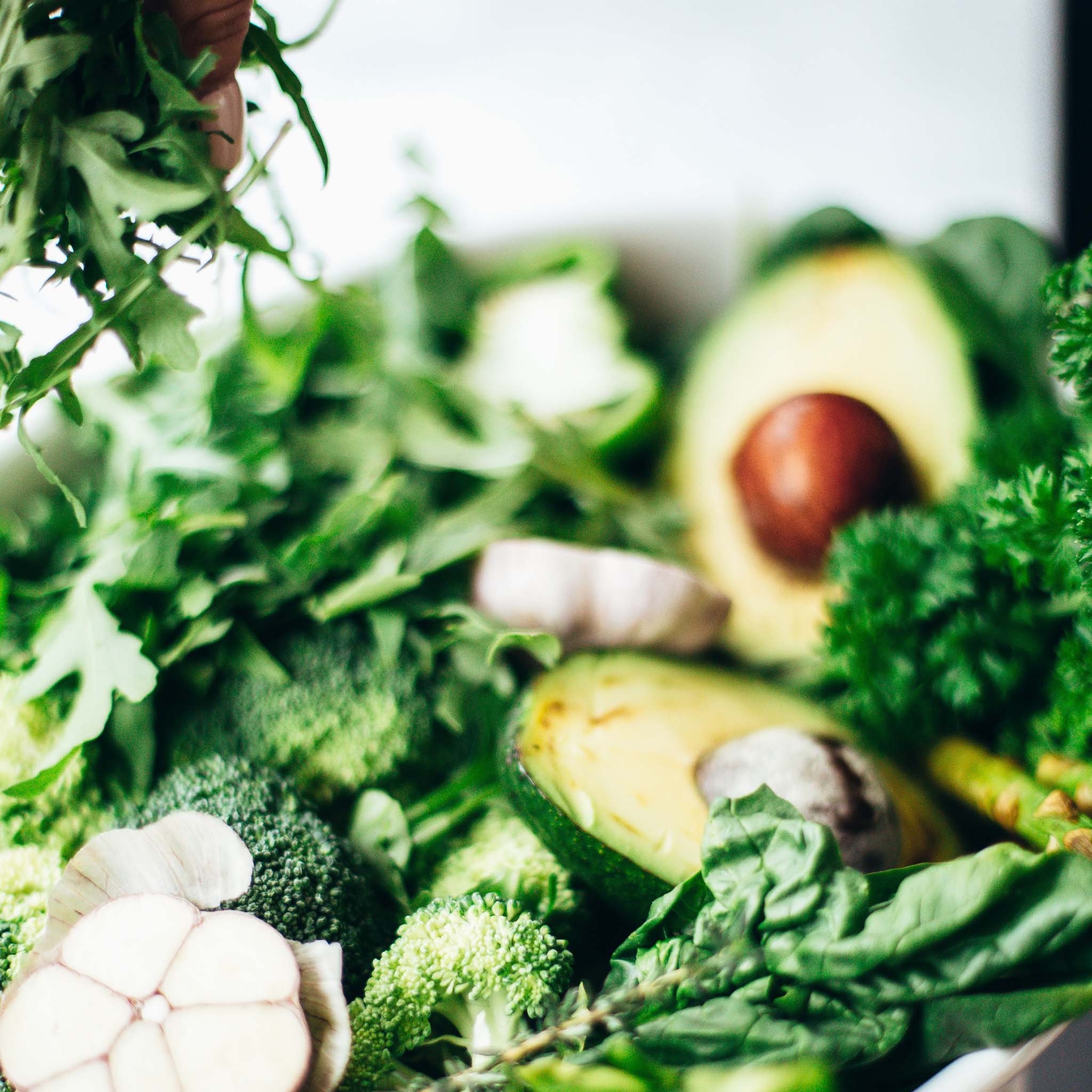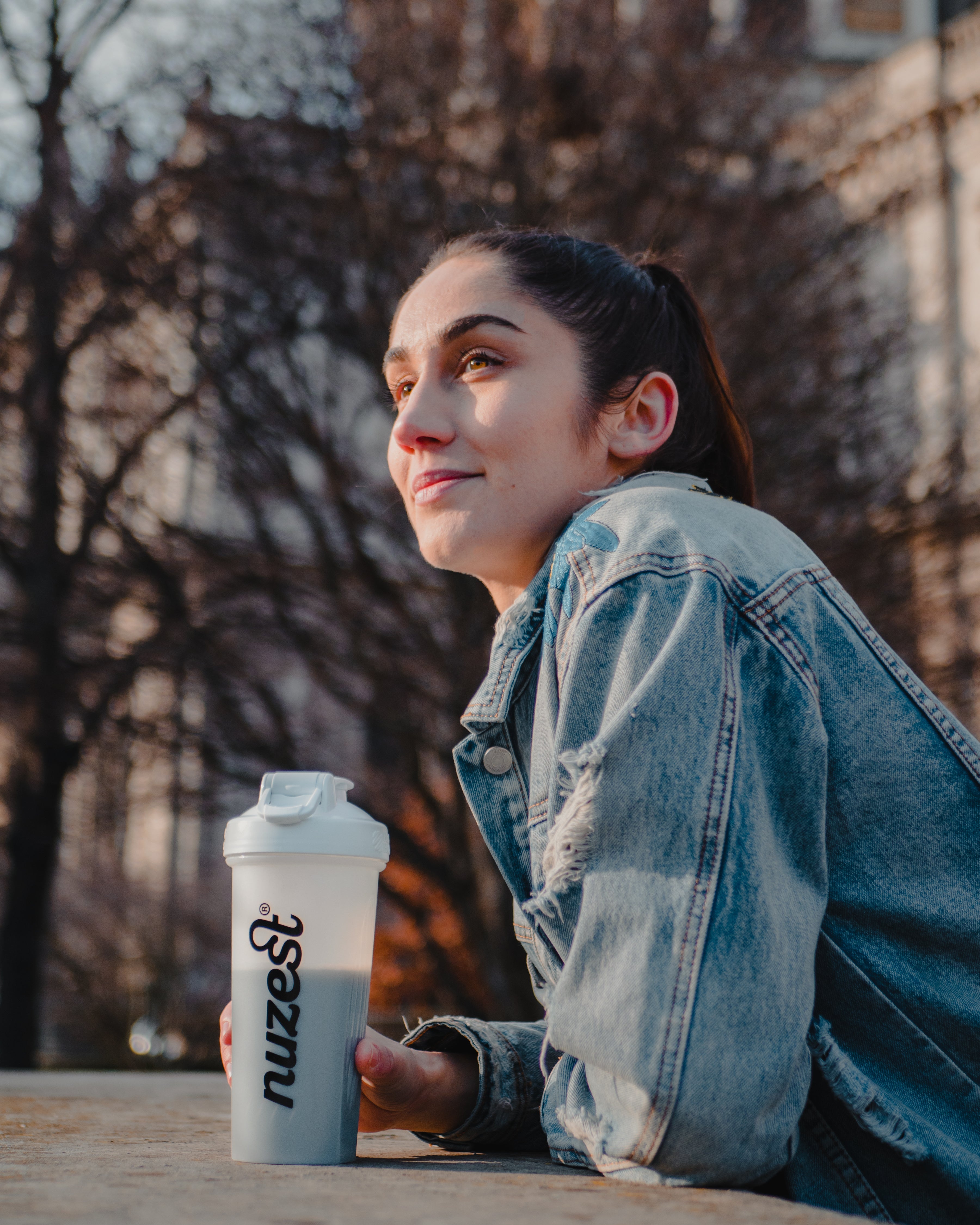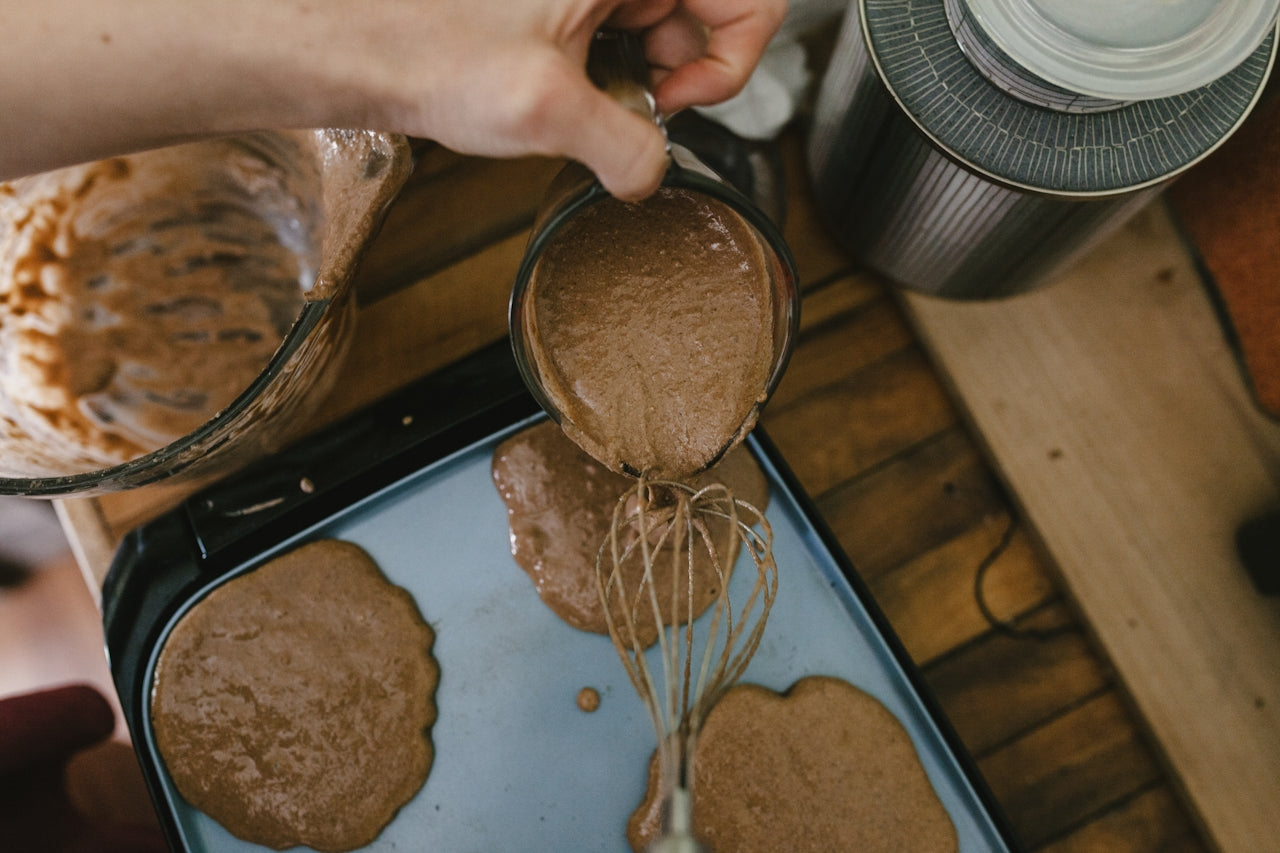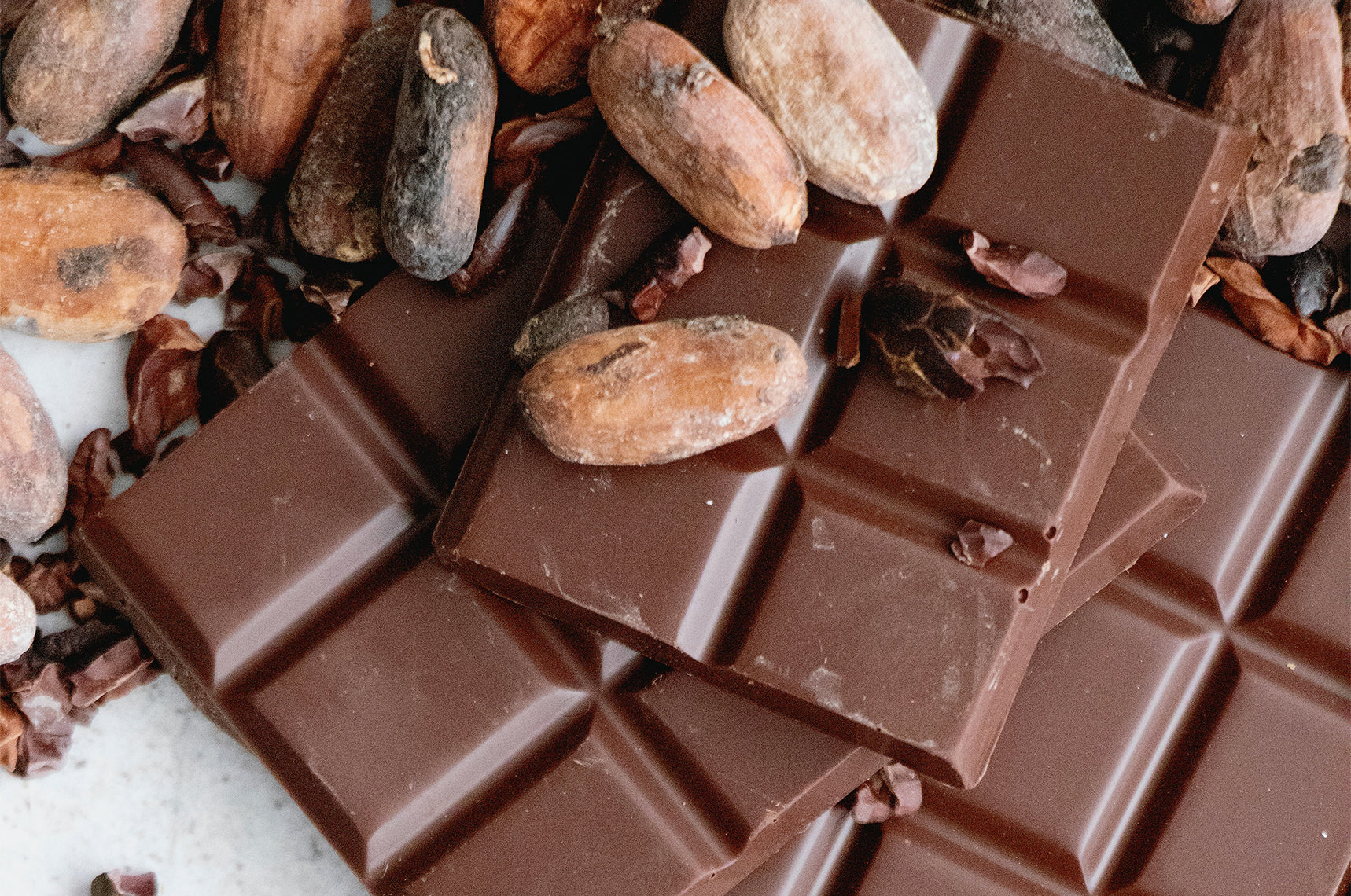Appetite control is a common issue for those struggling to maintain a healthy weight. People often scold themselves, attributing it to their "complete lack of discipline", when really, there are actual biochemical reasons for those feelings of desperate hunger.
Stable blood sugar is the essential ingredient when it comes to regulating our appetite. When we eat, the hormone insulin is released, which utilises the glucose in our food as energy to fuel our bodies. If this is not done efficiently, excess insulin is stored as fat, and blood sugar "crashes" create feelings of hunger and fatigue.
Conversely, when blood sugar is balanced, there are no "highs" and "lows" in appetite and energy levels, cravings are at bay, and we don't feel light-headed or irritable. There are certain foods and nutrients that ensure this process runs more smoothly than others. Implement the below tips to optimise metabolism, hormones, mood, energy and overall wellbeing!
Blood Sugar Stabilisation Strategies
1. Always Eat Breakfast
Always, and be sure to include both quality protein and healthy fats. These are the most satiating macronutrients, and will prevent that 10am slump so many people experience just before they head to the coffee shop! On that note, try not to have a coffee first thing, but rather, with or after a meal (see below for more on caffeine).
2. Eat Enough Protein
Including quality protein with your meals is one of the best ways to keep blood sugar steady. Protein releases energy slowly, so your brain and body have time to recognise when you have had enough. This is where NuZest Clean Lean Protein comes in, as it can sneak some helpful nutrients into a commonly carbohydrate heavy meal (swap your cereal for a protein smoothie, or add NuZest to your oats).
3. Avoid Processed, Sugar-Laden Food & Artificial Sweeteners
These foods are the adversary to balanced blood sugar! Stay away! They spike glucose levels, interfere with appetite, exacerbate cravings and create energy slumps, not to mention are nutritionally void. They are digested quicker than whole foods, providing short-lived energy with little sustenance. Studies show that artificial sweeteners can have the same effect on blood sugar as sugar does because the brain cannot distinguish between the two.
4. Eat Regularly
Some people swear by snacking, others don't find it helpful. Either way, it is important to eat regular meals every 3-4 hours so as to not wait until you are starving and at the point where poor choices are easy to make. Most importantly, do not skip meals! Skipping causes blood sugar levels to plummet and slows the metabolism. Where possible, consume your meals at the same time daily to help keep your blood glucose levels consistent.
5. Cut Caffeine
There's no way around it, caffeine creates a surge of energy, followed by an often deeper slump than you felt before you "needed" it. This is because when it is consumed, the nervous system is stimulated, releasing adrenaline, the fight-or-flight hormone, and spiking blood sugar. Instead of reaching for your coffee, choose protein and fat rich snacks or meals to give you sustained energy.
6. One Tsp Of Cinnamon
Cinnamon has been shown to stimulate insulin secretions and receptors, making it much easier for our cells to take up the glucose from food. Taking one tsp with a meal, particularly a meal high in carbohydrates, may reduce the rise in blood glucose levels after eating.
7. Chromium Rich Foods
Chromium has also been shown to help regulate blood sugar levels by enhancing insulin activity. It can be supplemented under the guidance of a practitioner, however consuming dietary sources like broccoli, lentils, green beans, mushrooms and chicken may be helpful.
8. Two Tablespoons Of Apple Cider Vinegar
Research shows a link between the consumption of apple cider vinegar and the improvement of diabetes and pre-diabetes, due its effect on lowering blood glucose levels. It has been found that taking two tablespoons of apple cider vinegar before meals increases insulin sensitivity and reduces the insulin and glucose spikes that can occur post meal.
